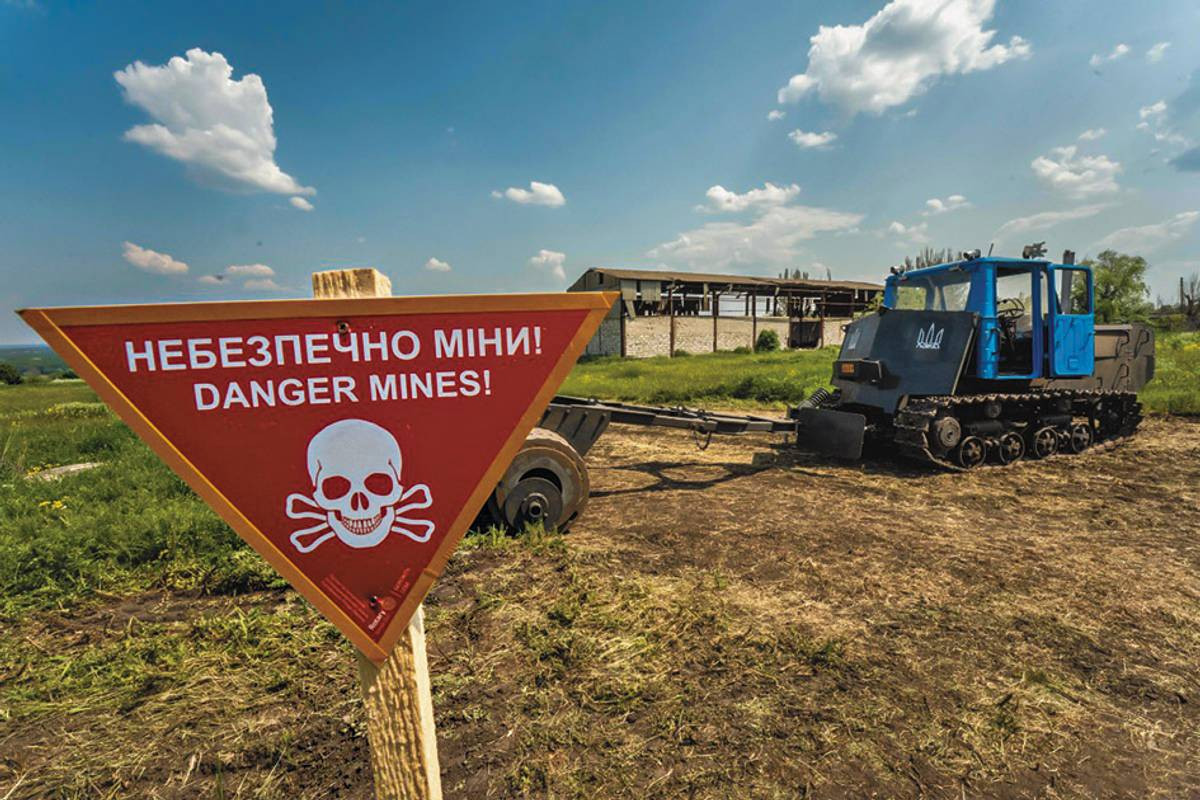- cross-posted to:
- ukraine
- cross-posted to:
- ukraine
I suppose that it gets some value out of the land, but I will bet that a lot depends on the timeframe for UXO removal.
Switching land to honey production may not be the most expensive operation to run, but it does take some capital; my dad used to keep bees. One is going to need hives, frames, protective equipment, smokers, hot knives, extractors, filtering equipment. So knowing how long one can run the operation matters, since the capital has to be made back. Presumably, a farmer who can have his land cleared and returned to more-lucrative crop production will do so, and corn and wheat, major crops in Ukraine, are pollinated by wind, don’t rely on insects, so the land usage is mutually-exclusive.
So, first, the time until clearance is gonna vary by region. Second, we don’t know how the war will go. Third, we don’t know what funds available or priority for UXO removal will look like. Fourth, repair of supporting facilities like the Kakhovka Dam and irrigation from it is an input for some regions. Fifth, repair of grain transport infrastructure is an input. Sixth, especially for areas near the existing front, we don’t know whether conflict might expand to affect those areas.
My understanding – there was a RAND study on the cost of UXO removal in the US, which I linked to in an earlier post – is that a huge amount of the cost of UXO removal depends on the depth to which it is done. I expect that minefields are probably the easiest to clear, since a mine has to be pretty near the surface, whereas unexploded artillery shells may dig themselves deeper. France infamously still has World War I areas contaminated with artillery rounds that are not cleared. Croatia has seen most of its minefields cleared.
I imagine that there could be places that have seen heavy artillery fighting, which are not near the front. One can probably make a safe bet on them being near the bottom of the list for UXO clearance, and there it might be a reasonable approach versus just having the land be unused for production of anything in that time.
But one would need to know the expected number of years of honey production to get a reasonable return on investment, and then be able to predict time until UXO clearance is done.
Speaking of Croatia - bees can also be trained to find landmines: https://www.bbc.com/news/business-56344609 I guess this will improve their ROI.



